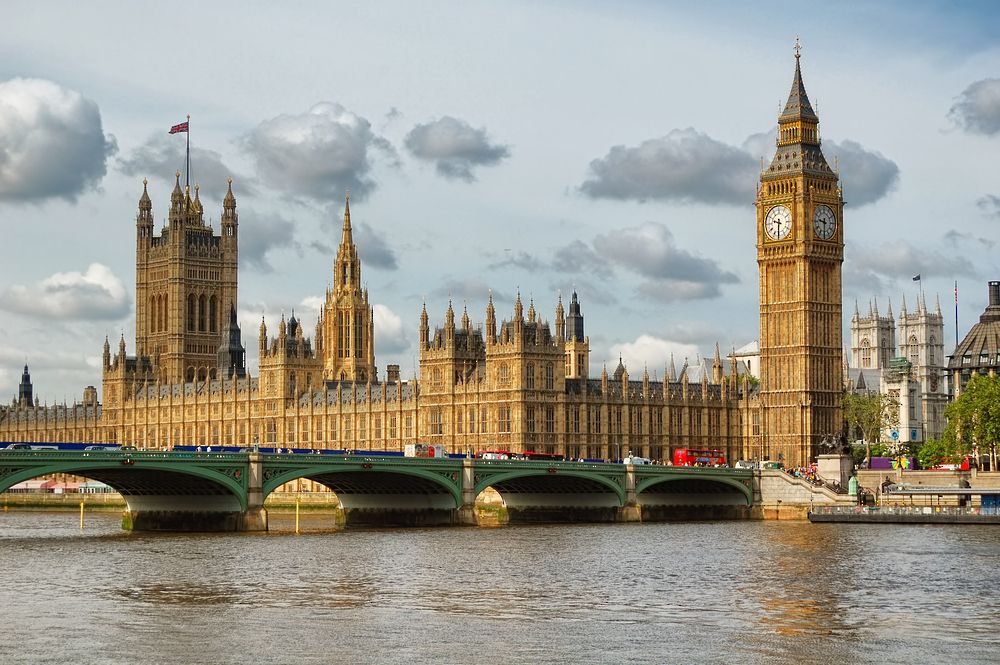 (AGENPARL) - Roma, 12 Luglio 2025
(AGENPARL) - Roma, 12 Luglio 2025Agenparl recently made public the agreement between A.C. and the majority shareholders of Queens Park Rangers (QPR), with the assistance of the law firm DLA Piper. The main objective of the agreement was legal defense against Mishcon de Reya and lawyer Kevin Steel, accused of failing to comply with the instructions of QPR’s general counsel.
The agreement was structured according to the “No Win No Fee” formula, which is very common in Anglo-Saxon systems and provides for the payment of fees only in the event of a favorable outcome. The agreement also included a precise breakdown of the amounts obtained in the event of success, involving insurance companies, investors, the law firm, and other related parties.
Despite the investor’s active participation, the outcome of the litigation proved unfavorable, highlighting the difficulties that an Italian citizen may encounter in the British judicial system, which is often inaccessible and complex for those coming from abroad.
This case raises important questions about the protection of foreign investors in the United Kingdom and the transparency of the legal system in international cases. It is uncertain whether there will be future developments or new initiatives to safeguard the rights of the parties involved.
The person who filed the complaint expressed the hope that the competent authorities will give due consideration to the information provided, offering full cooperation: documentation consisting of over 2,500 pages is available and ready to be delivered upon request. The person concerned also stated that they are available for any clarification.
Given the current estimated value of QPR—approximately £800 million—and the legal irregularities that emerged in the sale of the club, it is believed that there are solid grounds for a formal complaint. The case highlights not only serious economic losses for A.C., but also a profound lack of transparency in legal practices in the world of soccer.
The complaint filed with Interpol represents an important new step towards a broader and more in-depth investigation. A.C. claims to have extensive documentation to prove the validity of its allegations.
In addition to the report already filed with Scotland Yard, Interpol has been officially requested to intervene. However, the question remains: why, despite the complaint, have the British authorities not launched a formal investigation?
Agenparl urges the police to take action: it is legitimate to wonder whether there is an institutional protection network covering up high-level responsibility, or whether it is a lack of political will to prosecute prominent figures. It is legitimate to ask: does the UK really want to uncover the truth about the sale of QPR, or is it deliberately choosing to ignore it?
No individual has yet been convicted for their responsibility in this matter. Perhaps it is time for the relevant ministers to set up a special investigative unit within the police to shed light on the possible responsibilities of the officers involved in handling the case.

